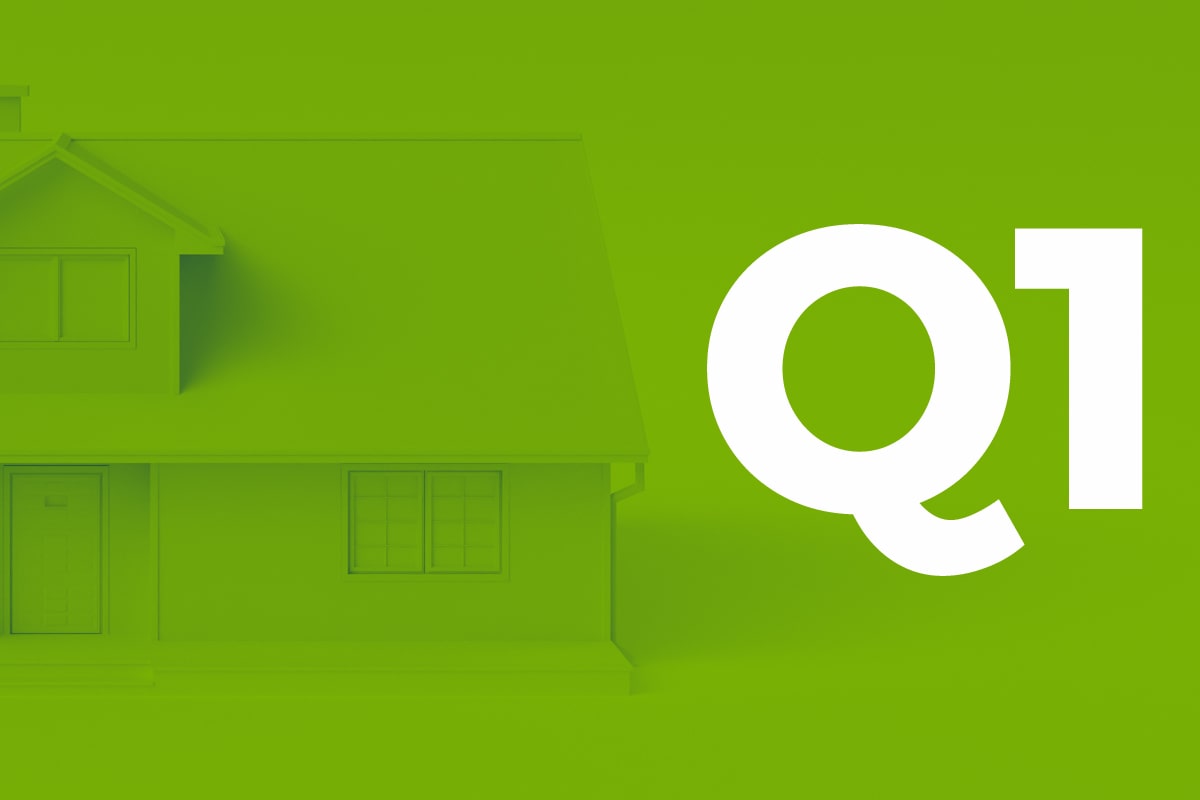Rising energy cost and lower than expected BER ratings on non-domestic buildings will see businesses focus on energy efficiency
- CSO data on Building Energy Rating (BER) shows only 21% of non-domestic buildings constructed between 2015 and 2021 received an A rating compared with 97% of domestic dwellings constructed during the same period
- Imperative that SMEs take full advantage of government supports and green lending options
Sunday 24th October 2021 – The latest SME Market Monitor published by Banking & Payments Federation Ireland (BPFI) today has outlined how rising energy costs and lower than expected BER ratings on non-domestic buildings will see businesses focus on how both fund and increase energy efficiency.
The Monitor, which has identified energy costs and the transition to a low carbon future as critical to the future of Irish SMEs, highlights the lag which now exists between the energy performance of commercial premises versus that of domestic dwellings. CSO data on Building Energy Rating (BER) shows that only 21% of non-domestic buildings constructed between 2015 and 2021 received an A rating compared with 97% of domestic dwellings constructed during the same period[1].
The Monitor states that some SMEs have made significant energy efficiency improvements in 2020 compared to 2019, as found by research carried out for the Commission for the Regulation of Utilities (CRU) in relation to electricity and gas markets in Ireland. However, SMEs’ future intentions when it comes to the green transition raises cause for concern with the same research showing their consideration of getting green power products in the future has declined across all different categories; including intentions to get solar panels, electric or hybrid vehicles, make energy efficient improvements or install combined heat and power systems.
The Monitor shows however that the impact of Covid 19 on SMEs is having an impact on businesses when it comes to energy concerns and costs. Outlining the financial difficulties currently facing businesses in the wake of the pandemic the monitor highlights the increase in arrears on non-domestic energy accounts reported by the Commission for Regulation of Utilities (CRU). The proportion of non-domestic gas accounts in arrears jumped from 13% in February 2020 to 29% by January 2021, before falling back to 25% by April 2021. Similarly, the proportion of non-domestic electricity accounts in arrears rose by 10% in February 2020 to 15% by June 2020. By April 2021, some 13% of non-domestic electricity accounts were in arrears.
Soaring energy costs are also posing additional challenges with CSO data indicating that the cost of electricity in manufacturing jumped by 188% between August 2019 and August 2021.
Given the importance of SMEs in the Irish economy, and the Ireland’s ambitions to move to a low carbon economy the SME Monitor states that it is imperative that SMEs consider and plan for the green transition that will take place over the next decade taking full advantage of existing and future government supports as well as green lending options that will help them to make the necessary changes within their businesses and to maximise opportunities that may arise for them as both providers of green services and products in the future.
Speaking on the findings of today’s report, Brian Hayes, Chief Executive, BPFI said: “While the impact the Covid-19 pandemic will continue to challenge businesses, particularly SMEs, in the short term, it is important to note that it also provides the biggest opportunity in terms of transforming the Irish economy via transition to a low-carbon economy. This transition must however be sustainable for SMEs and in this regard major investment and grants will play a major role with private investment also a critical element. Strategic investment priorities set out in recently revised National Development Plan (NDP) includes a Green Transition Fund for the wider economy and a Digital Transition Fund focussed on SMEs. These two funds are also supported by the National Recovery and Resilience Plan (NRRP) which received formal approval from the European Commission where Ireland is set to receive almost €1 billion over the period 2022-2025.
Today’s Monitor makes clear that there are areas which require green investment, especially when it comes to buildings and capital investment. It is vital that SMEs receive all the guidance and support available to make the changes which are necessary for their future.
The International Monetary Fund (IMF) estimates[2] that envisaged emission reduction targets in Ireland will require investment close to €20 billion per annum over the next ten years of which about one-third would be public capital spending and the rest would have to come from private investment. Financial services and particularly the banking sector will play a significant role in providing funding for this required investment over the next number of years.”
ENDS/
Contact: Jillian Heffernan, Head of Communications, jillian.heffernan@bpfi.ie 087 9016880
About BPFI: Banking & Payments Federation Ireland (BPFI) represents the banking, payments and fintech sector in Ireland. Together with its affiliates, the Federation of International Banks in Ireland, and the Fintech & Payments Association of Ireland, BPFI has 100 member institutions and associates, including licensed domestic and foreign banks and institutions operating in the financial marketplace here.
[1] CSO, Non-Domestic Building Energy Ratings
[2] IMF, Considerations for Climate Change Mitigation in Ireland, June 2021






